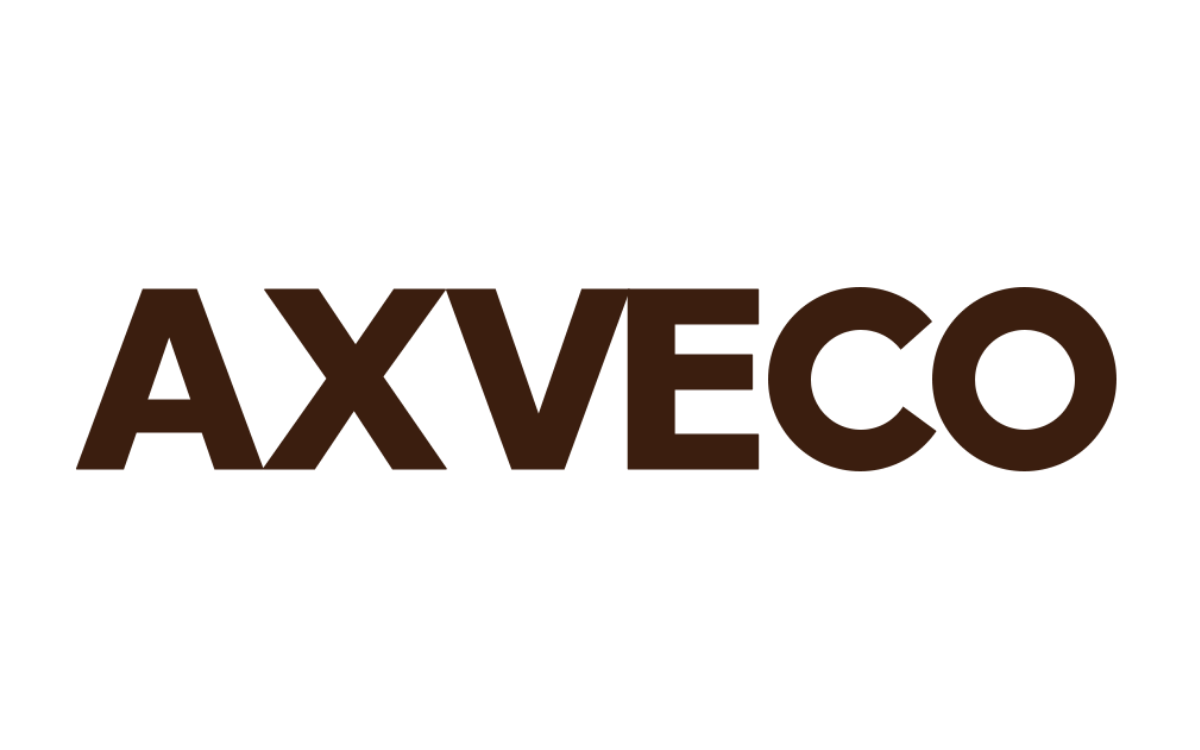FAIR Data Awareness
| Status | Live |
| Estimated time | 6-8 hours |
| Prerequisites | Data Driven Business Foundation (optional) |
| Next steps | FAIR Stewardship |
The “FAIR” Principles are an approach to managing data in such a way that ensures it is Findable, Accessible, Interoperable and Reusable – or FAIR as it is known. This approach has been applied by highly successful businesses, academic researchers and Government agencies as a foundation capability for managing data as a key resource within an enterprise or ecosystem. It enables the data driven business model and the use of data for smart propositions or enhanced business efficiency.
This learning path introduces the concept of FAIR, explaining why it is important, what it is, how it impacts an organisation and how it works for you. This is an essential starting point for everyone who wishes to learn about, use or manage data in a FAIR manner. It provides a 360-degree overview of all the key aspects that are relevant for the creation, usage, management, and implementation of FAIR data.
Given the increasing volume and complexity of data today, data managers, researchers and business decision makers increasingly rely on automated support in order to be able to integrate and analyse data. The realisation of FAIR data requires all levels of an organisation to work together applying a shared understanding of the challenges and opportunities of FAIR.
The FAIR Awareness learning objectives are:
- What are common issues with data and how do these relate to FAIR data?
- What are the FAIR principles and why are they important?
- How does FAIR data impact my day-to-day activities?
- What are Data Stewards and what is their role?
- How can FAIR data be realised in your context?
- What are the benefits of FAIR data for you?
Upon completion of this learning path, you will have acquired a solid background in the concept of FAIR and will know how to create, manage, and leverage FAIR data in your organisation. We recommend that this learning path is followed by all relevant stakeholders in an organisation to establish a common and shared understanding of FAIR and enable faster implementation.
Once you feel comfortable doing so, we encourage you to enrich your skills and competences in the (upcoming) courses FAIR Data Stewardship & Management, FAIR Ontology & Data Modelling and FAIRification processes & Tools.
